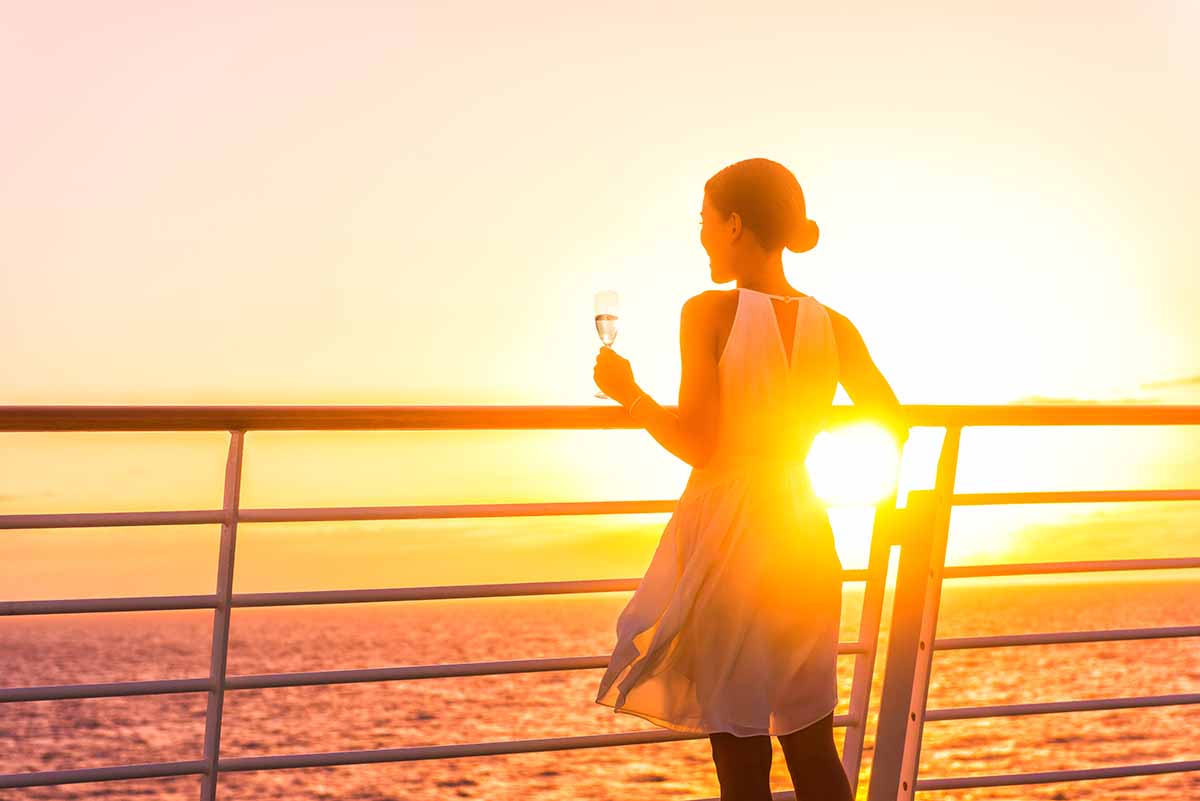
Chinese women have been named the world’s biggest travel spenders and are playing an important role in shaping the world of travel, particularly luxury travel.
UN Tourism recently reported that China had reclaimed its position as the top spender on international tourism, as the country’s expenditure on travel abroad reached USD 196.5 billion in 2023. This is ahead of the United States (USD 150 billion), Germany (USD 112 billion), the United Kingdom (USD 110 billion) and France (USD 49 billion). Combined with separate research finding that women make upwards of 80% of travel decisions and account for more than half the traveler market, this suggests that Chinese women are key players in driving the growth of the luxury travel sector and setting new trends and expectations in how luxury is defined and experienced.
From material wealth to personal fulfillment
Traditionally, luxury has often been associated with extravagant living and acquiring material possessions. For many, it’s also being seen with status symbols like designer handbags and indulging in high-end experiences. According to a new report from FINN Partners titled, China’s Women in Charge: Latest Trends among the World’s Largest Travel Spenders and Decision Makers, however, that narrative is shifting towards more personal and introspective experiences.
FINN surveyed 800 affluent Chinese female travelers aged 25 and older from 12 cities with the highest GDPs in China in 2023 and found that luxury, for these travelers, is not about external validation or the accumulation of goods. Instead, it is increasingly about experiences that bring joy, fulfillment, and a deep sense of contentment. This shift reflects broader global trends towards travel experiences that resonate with personal values and aspirations.
“The definition of luxury has shifted from solely acquiring material possessions to achieving contentment. Rather than external validation, luxury now revolves around things or experiences that bring satisfaction and contentment.”
Travel as a reward, source of joy, and testament to achievement
Travel is meaningful beyond just the getaway. It’s a source of happiness and a marker of personal success and achievement.
Asked how they define “luxury,” the majority (63%) of those surveyed said “luxury” is defined by the ability to enjoy complete privacy and “me time.” This finding is supported by a growing interest in solo travel, as 72% of respondents also stated that they will maintain or increase solo travel in the future.
Fifty-six percent of respondents said they associate luxury with experiences that bring joy, while for 37%, luxury represents an expression of their identity, and 36% view it as a symbol of independence. Furthermore, 44% perceive luxury as a testament to their hard work and accomplishments.
Half of the surveyed women view luxury as experiences that bring happiness, and 37% see it as an expression of their identity, taste, and individuality. This means that luxury travel for these women is deeply personal and should be tailored to unique tastes and preferences, rather than following the conventional paths of luxury defined by others.
The shift from status symbols to experiences
The diminishing importance of traditional status symbols to the world’s biggest travel spenders reflects a broader global trend. Only 16% of respondents still associate luxury with prestige and status, indicating a significant move away from luxury as a display of wealth. Instead, these travelers are investing in experiences that offer deeper personal value, whether that’s through cultural immersion, wellness retreats, or exploring remote, untouched destinations.
Hotels and accommodations are also being measured by more than just their star ratings. Affluent Chinese female travelers are looking for properties that offer bespoke experiences, such as partnerships with fashion or lifestyle brands, or those that integrate local cultural elements into their design and service offerings.
Wellness: a core aspect of modern luxury
Wellness has also become an integral part of the luxury experience, reflecting a broader trend where wellness is no longer just about pampering but encompasses a holistic approach to health, focusing on both physical and mental well-being.
In the context of luxury travel, Chinese women are increasingly seeking destinations and experiences that offer rejuvenation and balance. Whether it’s a serene retreat focused on mindfulness and meditation, an adventurous journey that challenges physical limits, or a spa experience that combines traditional practices with modern therapies, wellness travel is seen as a vital component of a luxurious lifestyle.
This trend is particularly prominent among older Chinese female travelers, who are twice as likely to invest in health-inspired travel experiences compared to other age groups.
Increasing spending on experiences over material possessions
Finally, more than 60% of affluent Chinese female travelers intend to spend more on travel, including hotels and accommodation, in the next one to three years. Fifty-six percent will spend more on travel experiences, and 53% on flights, while less than 30% anticipate increasing expenditure on material goods like fashion, jewelry, or art.
Luxury is evolving beyond material possessions and the pursuit of social validation. These luxury travelers view travel as a means to reward themselves and explore the world on their terms, setting new trends and reshaping what it means to travel luxuriously in today’s world.
Spa Executive is published by Book4Time, the leader in guest management, revenue and mobile solutions for the most exclusive spas, hotels, and resorts around the globe. Learn more at book4time.com.



